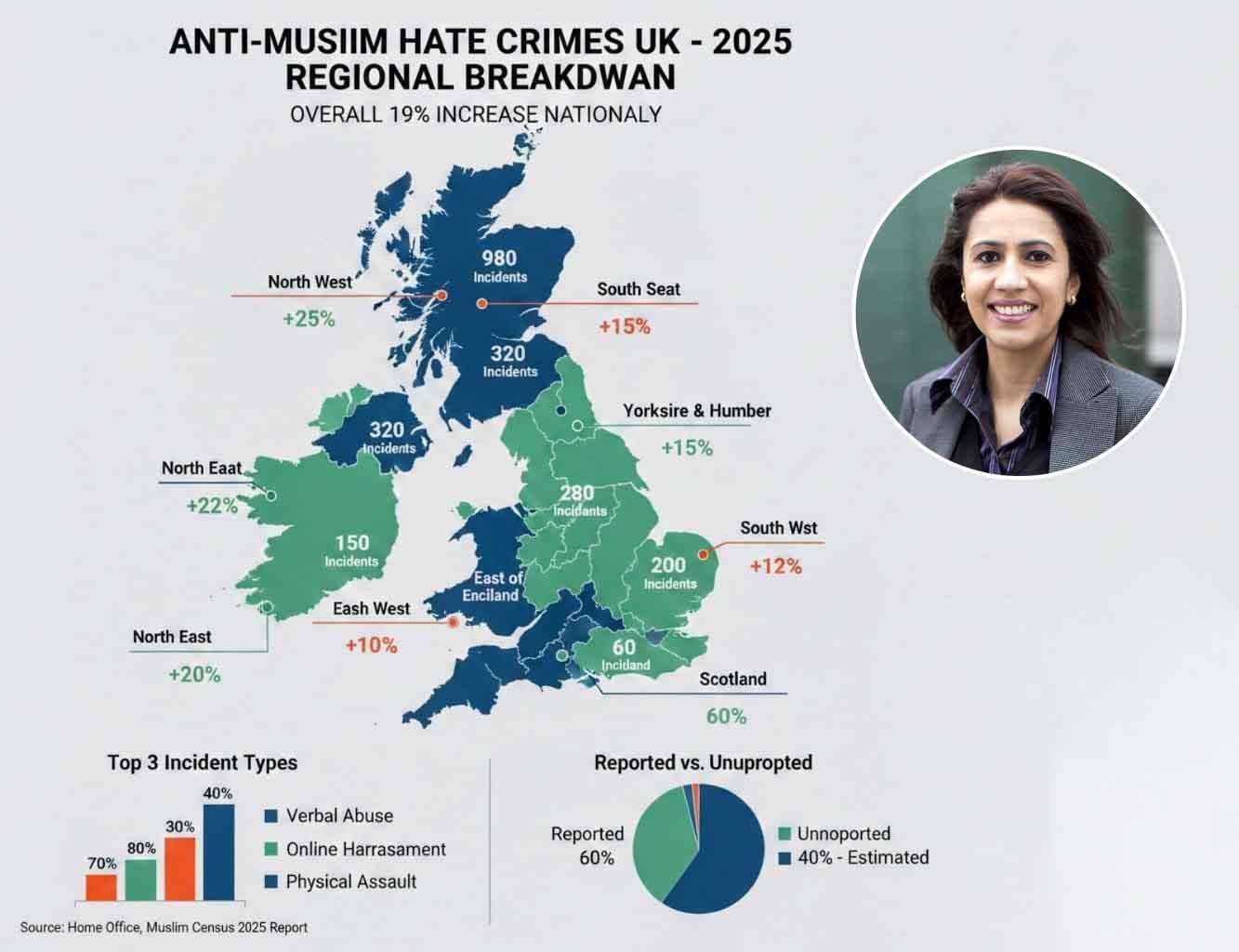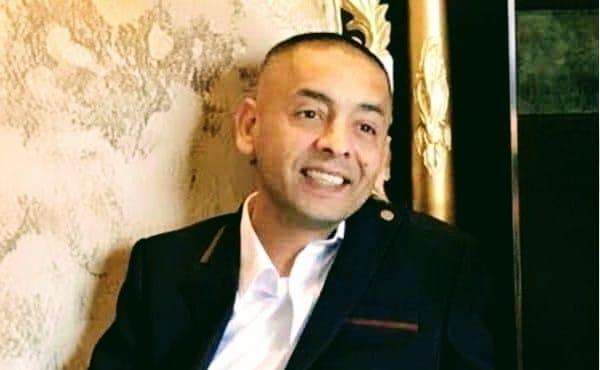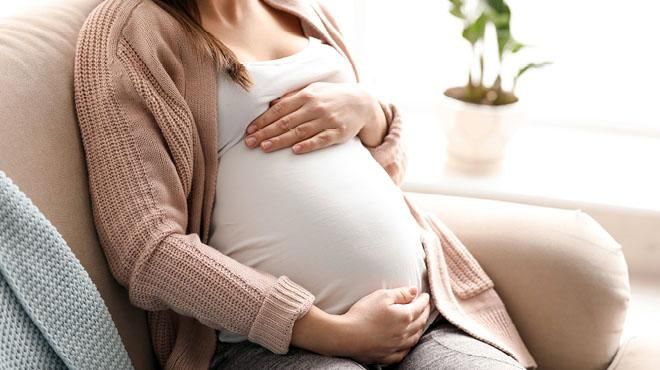Russian President Vladimir Putin has refused to agree to an immediate and full ceasefire in Ukraine but has consented to halting attacks on the country’s energy infrastructure after speaking with U.S. President Donald Trump.
Putin dismissed a month-long ceasefire plan that Trump’s team had brokered with Ukraine during recent talks in Saudi Arabia. He argued that any broader truce would only be viable if Western nations stopped supplying military aid and intelligence to Ukraine—conditions that European allies of Kyiv have previously rejected.
Discussions between U.S. officials and Ukrainian representatives are set to continue on Sunday in Jeddah, Saudi Arabia, according to U.S. envoy to the Middle East Steve Witkoff.
As Russia’s war in Ukraine enters its third year, Moscow has recently reclaimed parts of its Kursk region, which had been occupied by Ukrainian forces for six months.
Trump’s phone call with Putin marks a shift in the U.S. stance compared to a week ago, though both leaders did agree to further peace talks in the Middle East.
Just last Tuesday, when U.S. negotiators met with Ukrainian officials in Jeddah, they secured Kyiv’s agreement to an immediate 30-day ceasefire covering land, air, and sea combat.
Ukrainian President Volodymyr Zelensky, who arrived in Helsinki for an official visit shortly after Trump’s call with Putin, said he was open to discussing a ceasefire that focused on energy infrastructure but needed further details.
However, Zelensky later accused Putin of rejecting a full ceasefire, citing continued Russian drone strikes. He reported that attacks had targeted civilian areas, including a hospital in Sumy and power infrastructure in Slovyansk.
"Unfortunately, civilian infrastructure has been hit," Zelensky stated on X. "Putin has effectively dismissed the proposal for a full ceasefire."
Trump, in a post on Truth Social, described his conversation with Putin as "very good and productive," saying they discussed multiple aspects of a potential "Contract for Peace." He confirmed that both leaders agreed on an "immediate ceasefire on all energy and infrastructure," while also working toward a broader ceasefire and, ultimately, an end to the war.
Ukraine’s energy infrastructure has suffered immense damage, with about 80% destroyed by Russian attacks as of last September. In response, Kyiv has launched drone and missile strikes on Russian oil and gas facilities.
Despite Putin’s agreement to halt strikes on Ukraine’s energy sector, both sides accused each other of launching new attacks just hours after the call. Zelensky reported that Russia deployed over 40 drones against Ukraine, while Russian officials in Krasnodar claimed that a Ukrainian drone attack triggered a fire at an oil depot. Additionally, Russian authorities in Belgorod said Ukrainian forces attempted a ground assault but were repelled.
Following last week's discussions in Jeddah, U.S. Secretary of State Marco Rubio stated that the next step depended on Russia, as Ukraine had already accepted Washington’s ceasefire proposal. However, the White House’s statement on Tuesday made no reference to that agreement, instead emphasizing a phased approach—starting with a ceasefire on energy and infrastructure, followed by negotiations for a Black Sea maritime ceasefire, and eventually a full truce.
The Kremlin, meanwhile, outlined "significant issues" in enforcing any agreement with Kyiv and reiterated that halting foreign aid and intelligence-sharing with Ukraine remained a key condition for Russia.
Trump and Putin agreed to initiate technical-level negotiations for a long-term settlement, which Moscow insists must be "comprehensive, stable, and lasting." However, it remains unclear whether these discussions will take place between the U.S. and Russia or between Russia and Ukraine directly.
The Kremlin also revealed that Trump backed Putin’s idea of organizing ice hockey matches between U.S. and Russian professional players. Russia has been excluded from international hockey competitions since its 2022 invasion of Ukraine.
Kyiv is likely to interpret the outcome of Tuesday’s call as Putin stalling while imposing restrictive conditions on any peace deal. The Russian leader has previously demanded that Russia retain control of occupied Ukrainian territories and has called for the lifting of Western sanctions as part of a settlement.
Putin appears to be testing Trump’s willingness to cut U.S. support for Ukraine—something Trump has previously considered—while shifting the burden of decision-making onto Kyiv.
Earlier this month, the U.S. temporarily suspended military and intelligence aid to Ukraine after a tense meeting between Trump and Zelensky in the Oval Office. During the exchange, Trump and Vice President JD Vance publicly accused Zelensky of being ungrateful for American assistance.
In response to the latest developments, German Chancellor Olaf Scholz, speaking alongside French President Emmanuel Macron in Berlin, called the limited ceasefire a step in the right direction but reiterated the need for a complete truce.
Meanwhile, British Prime Minister Sir Keir Starmer reassured Zelensky of the U.K.’s "unwavering support" during a phone call following Trump’s discussion with Putin, according to a Downing Street spokesperson.








.svg)

